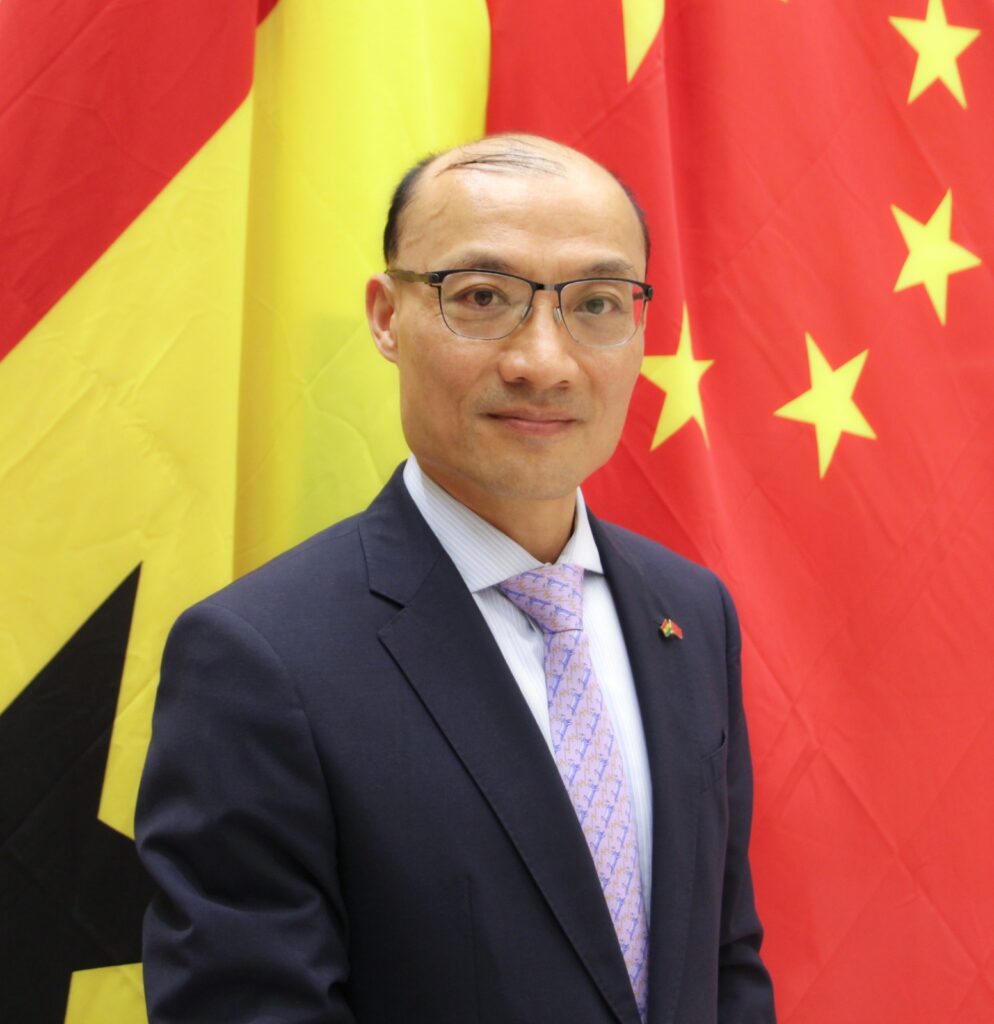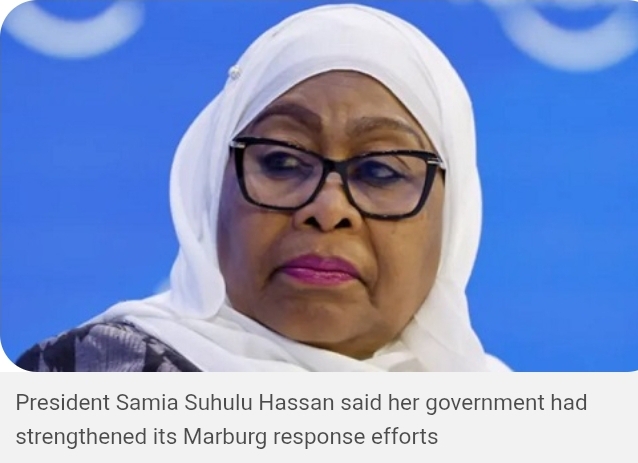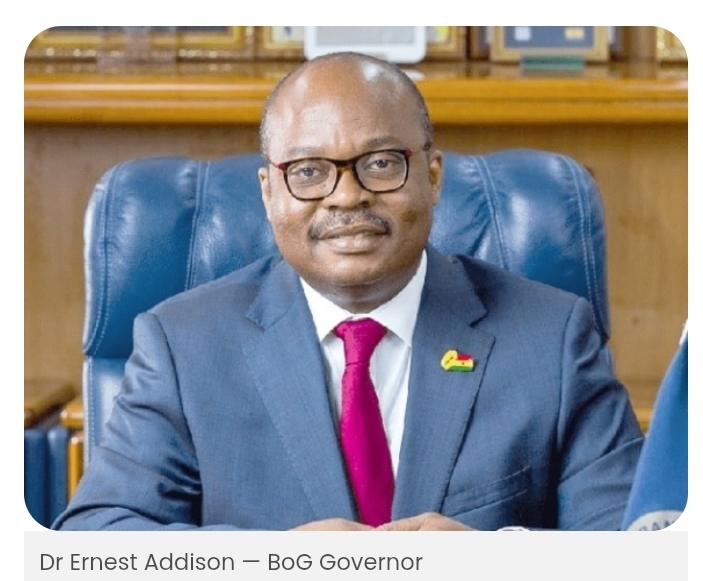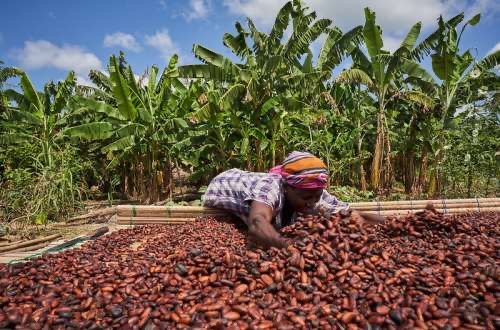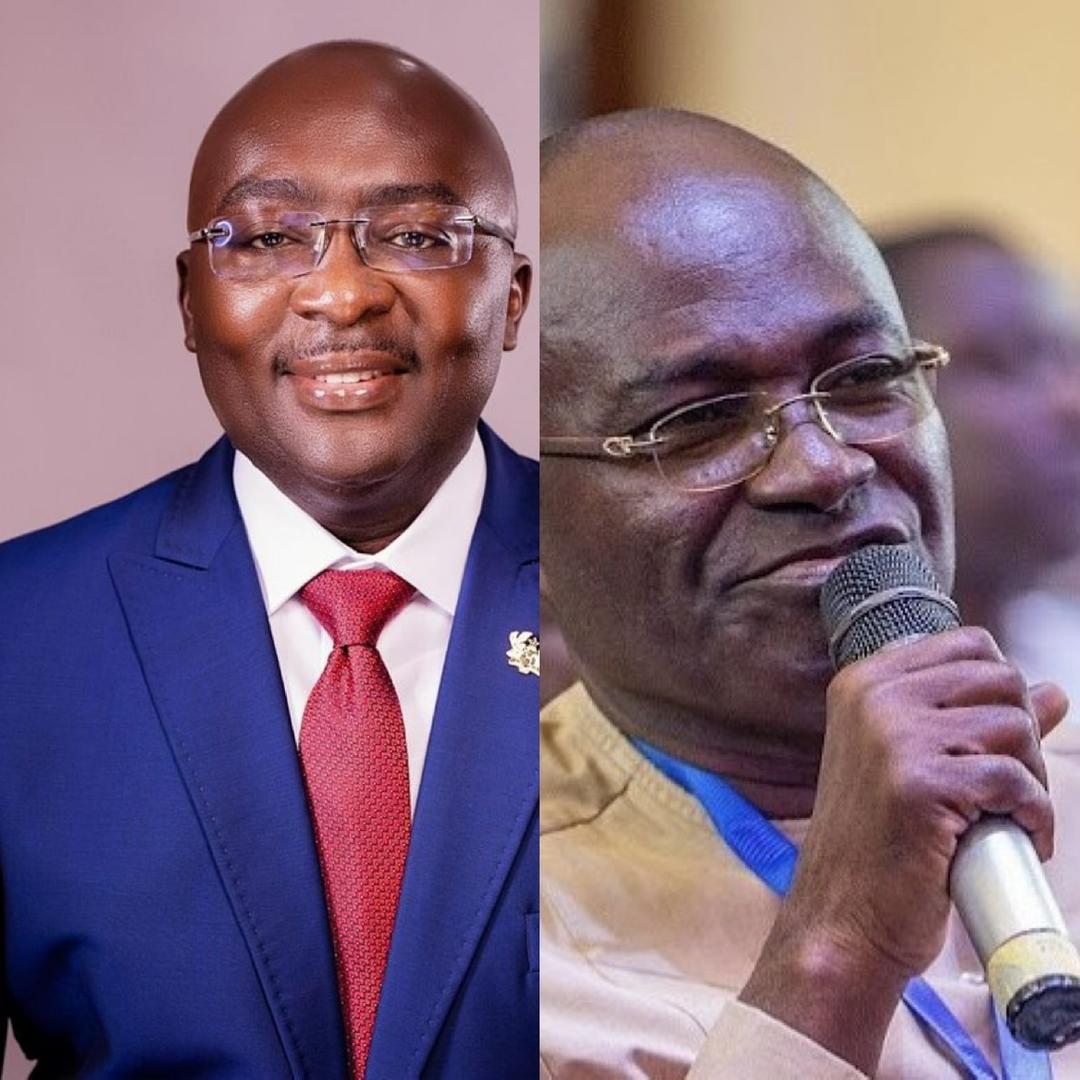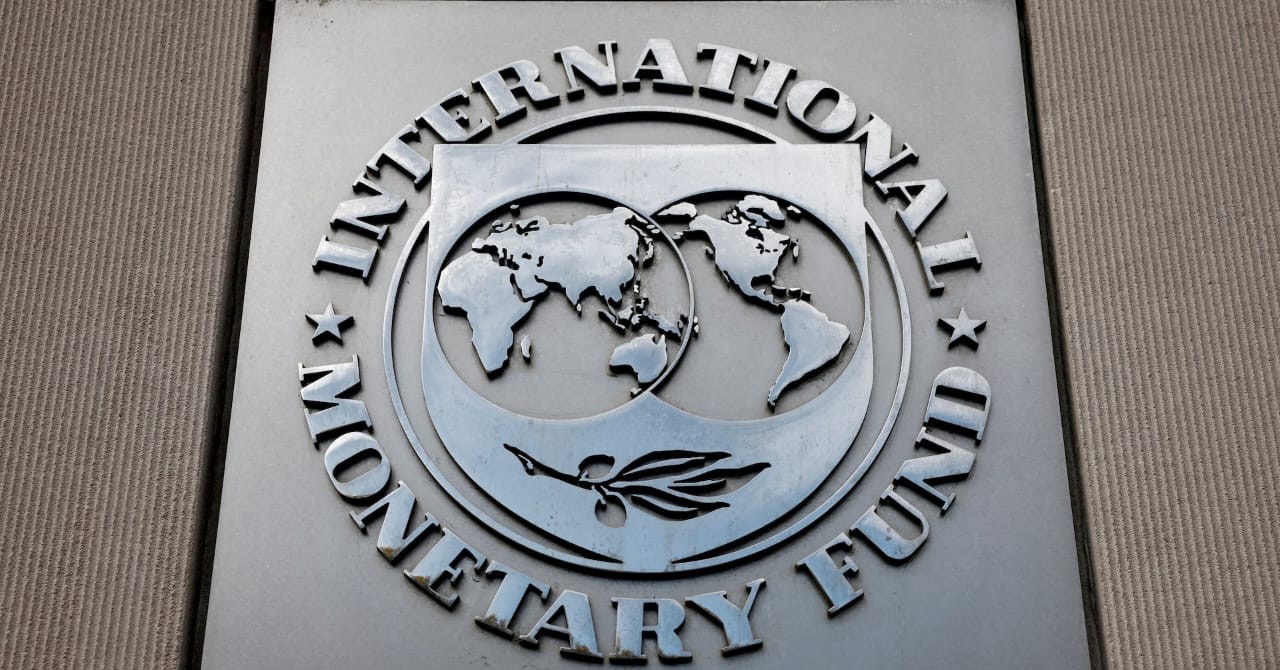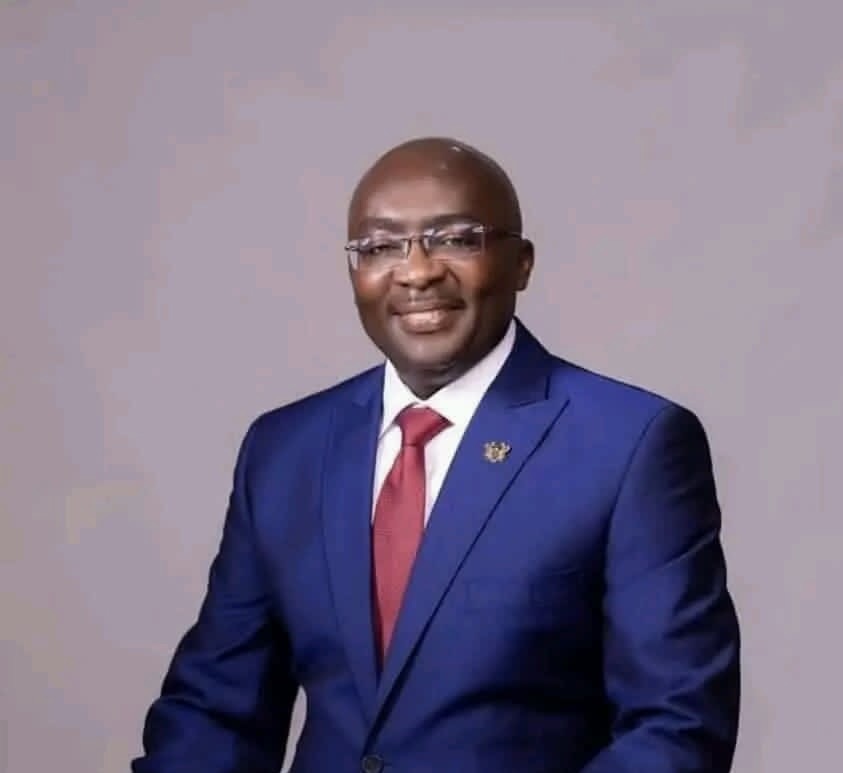By Fiifi Nii Nettey
The recently concluded “Two Sessions” in China—comprising the Third Session of the 14th National People’s Congress (NPC) and the Third Session of the 14th National Committee of the Chinese People’s Political Consultative Conference (CPPCC)—have sent a strong message of confidence, innovation, and global cooperation, particularly to developing nations like Ghana.
Held annually in Beijing, the “Two Sessions” bring together nearly 5,000 representatives from various ethnic groups, regions, and political parties across China to deliberate on national development. Chinese President Xi Jinping actively participated in discussions with delegates, reaffirming the nation’s strategic direction for modernization in the New Era.
Championing Chinese Modernization
A key highlight of this year’s sessions was the reaffirmation of “Chinese modernization,” a development approach characterized by inclusivity, sustainable progress, cultural enrichment, and peaceful coexistence. In 2024, China’s Gross Domestic Product (GDP) grew to 134.9 trillion yuan (approximately USD 18.4 trillion), representing a 5% increase year-on-year. This solid growth demonstrates China’s economic resilience, dynamic private sector, and readiness to confront global challenges.
Looking ahead, China is targeting a similar 5% growth for 2025, with renewed confidence in its ability to sustain momentum.
Breakthroughs in Science and Technology
China’s rising global influence in science and technology was another major theme. The nation has recorded significant progress in artificial intelligence, integrated circuits, quantum technology, humanoid robotics, and tools like DeepSeek. High-tech and equipment manufacturing sectors experienced growth rates of 8.9% and 7.7% respectively. New energy vehicle production surpassed 13 million units.
These achievements signal a shift towards “smart manufacturing,” with China positioning itself as a global driver of innovation. Importantly, this technological evolution is expected to offer developmental benefits to Global South countries, including Ghana.
Deepening Global Integration
Despite global uncertainties, China reaffirmed its commitment to openness and multilateral cooperation. In 2024, the country’s total import and export volume hit 43.85 trillion yuan (approximately USD 6 trillion), up 5% year-on-year. Foreign trade increased by USD 290 billion—equivalent to the annual trade volume of a mid-sized economy.
China’s trade relations with Ghana have also reached new heights. Bilateral trade between the two nations reached a historic USD 11.84 billion in 2024, consolidating China’s position as Ghana’s largest trading partner and highlighting potential for even greater economic collaboration.
Pursuing Peaceful Development
China reiterated its adherence to a peaceful foreign policy, rejecting hegemonism, unilateralism, and protectionism. At a press conference during the “Two Sessions,” Foreign Minister Wang Yi emphasized China’s deep-rooted identity with the Global South, vowing continued support and solidarity with fellow developing nations.
Strengthening Ties with Ghana and Africa
Marking 65 years of diplomatic relations with Ghana and 25 years of the Forum on China-Africa Cooperation (FOCAC), China’s Ambassador to Ghana, H.E. TONG Defa, reaffirmed Beijing’s readiness to deepen bilateral ties. He cited a Ghanaian proverb, “Praye, se woyi baako a na ebu; wokabomu a emmu” (a broom breaks when single but is strong when bound), to illustrate the strength of unity and collaboration.
Ambassador Tong highlighted that Africa’s modernization is essential to global development and expressed China’s willingness to partner with Ghana in advancing economic growth and social governance.
The “Two Sessions” have not only mapped out China’s domestic priorities but also sent a powerful signal of cooperation, innovation, and mutual respect to the global community—especially to long-standing partners like Ghana.
END

